
News about Technology
Viser 217 til 240 af 302 dokumenter.

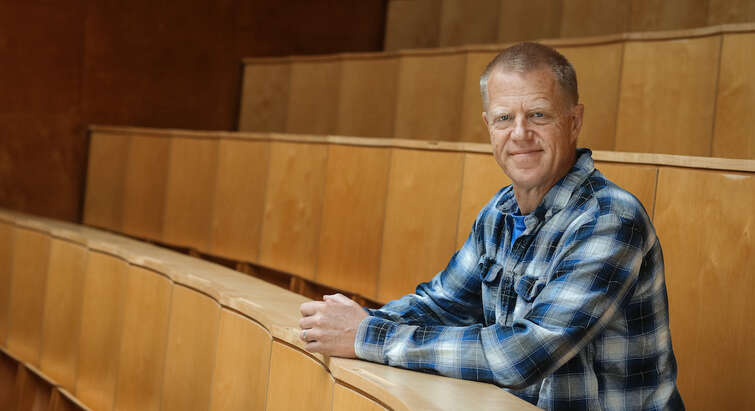
As the first Dane, Professor Mikkel Thorup receives the prestigious Fulkerson Prize

New algorithm could save lives: Predicts COVID-related intensive care unit resource use

Artificial intelligence favours white men under 40
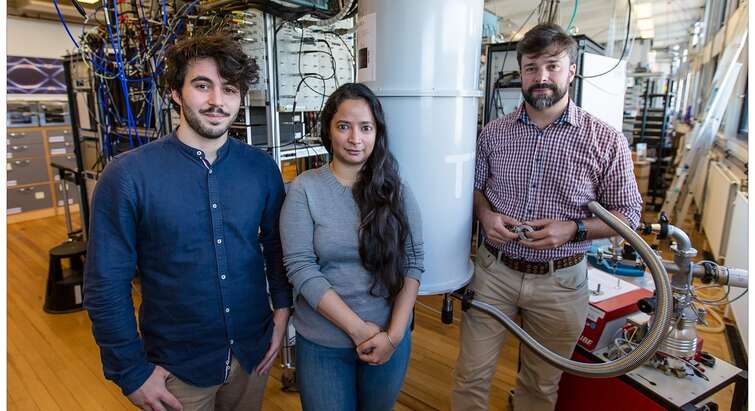
Innovative chip built by UCPH physicists resolves quantum headache

New project maps illegal mining and global environmental crime
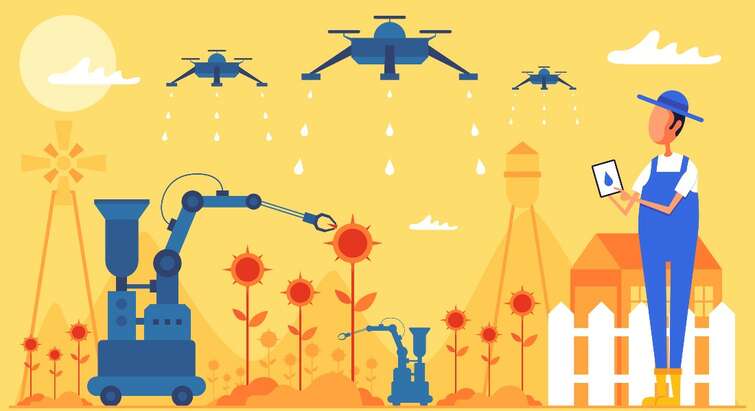
Robots can improve agriculture, but old laws stand in the way
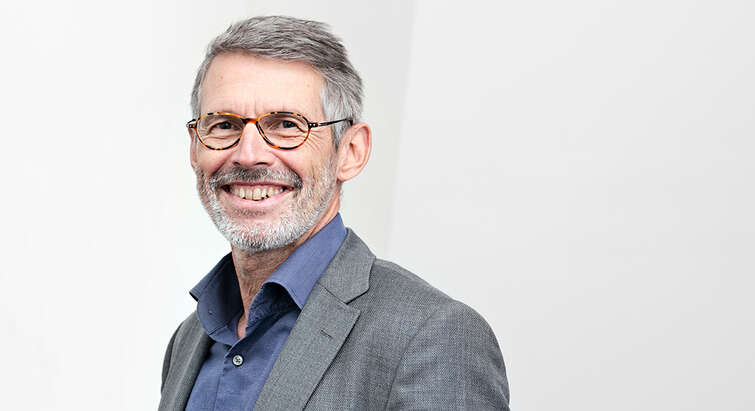
The bridge builder who opened up computer science

From VHS tapes to YouTube: Terrorist recruitment since 9/11

From VHS tapes to YouTube: Terrorist recruitment since 9/11
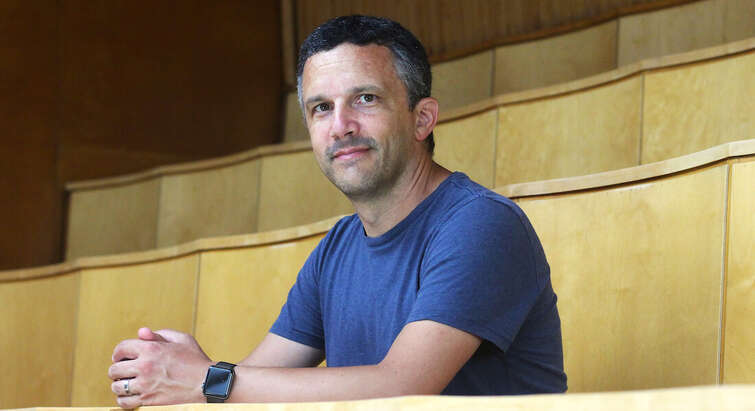
How bird’s species made new Professor Serge Belongie world-famous within Computer Vision
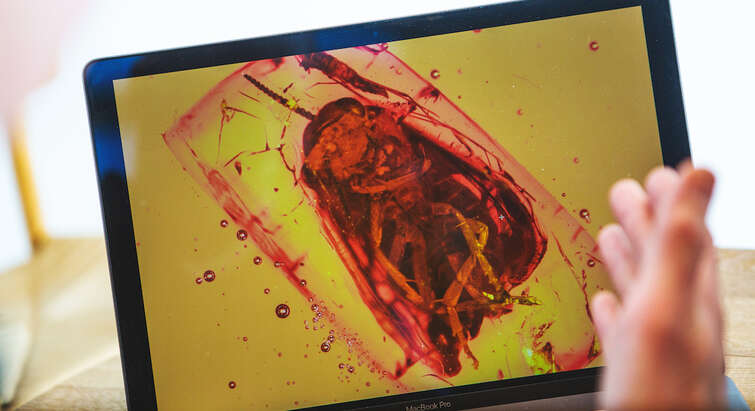
Digitization of Natural History is now getting its own professorship

Jakub Tětek joins BARC

Danish invention to make computer servers worldwide more climate friendly

Danish invention to make computer servers worldwide more climate friendly

Danish Data Science gets extra boost: Everyone can apply for support from new academy
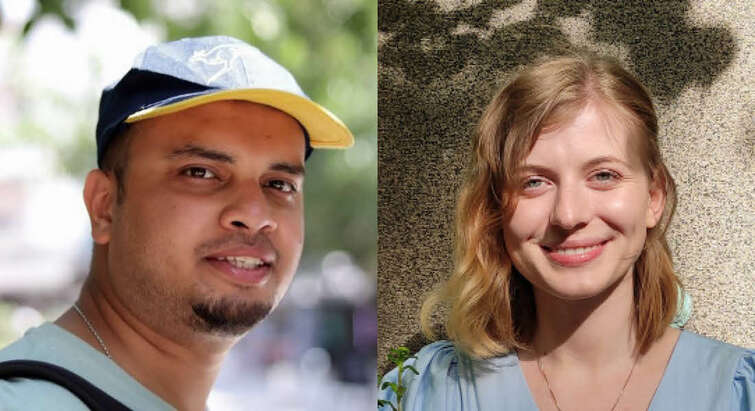
UCPH Computer Science students at the forefront: Will present their theses at a reputable conference
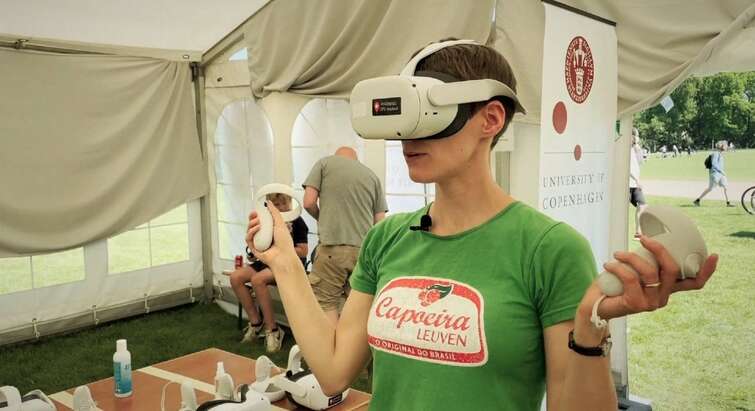
Researchers test virtual reality as a tool for promoting vaccination

Researchers test virtual reality as a tool for promoting vaccination

Algorithm reveals the mysterious foraging habits of narwhals

What could possibly go wrong with virtual reality?

What could possibly go wrong with virtual reality?
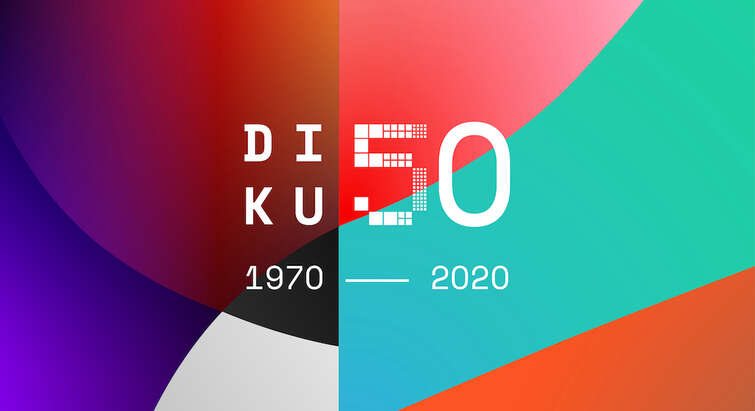
50 years of computer science in Denmark: From a basement at the University of Copenhagen to indispensable for all of us

